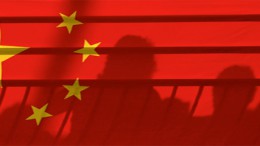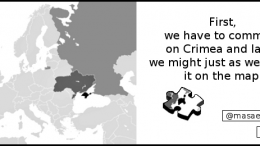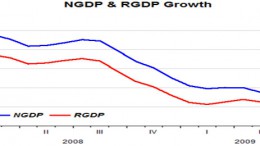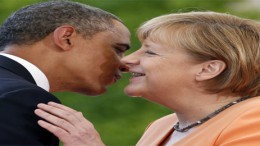China: Omnipresent Scarcity
China is reaching a crucial point in which both the Communist Party and the citizens must define what they want to be and in which direction they want to move. The human costs of three decades of rampant growth are huge and the country is facing pressing challenges such as environmental pollution, deep social inequalities and weak employment opportunities. It may be time for China to start figuring out the puzzle of allocating resources in a country of 1.3 billion people.






